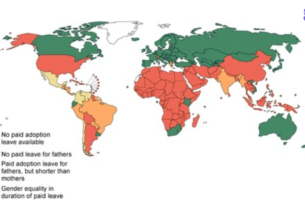At a recent Land Warfare conference hosted by RUSI, UK Defence Secretary John Healey warned that the UK and Western allies are now locked in a high-stakes cyber confrontation with Russia, marking a new frontier in national security. Modern conflict is no longer confined to traditional battlefields; it increasingly plays out in cyberspace, where sabotage, information warfare, and targeted hacks shape outcomes as much as weapons do.
One prominent example highlights the personal vulnerabilities of Kremlin critics. Security analyst Keir Giles, a vocal opponent of the Russian regime, was nearly ensnared by a phishing operation that masqueraded as a legitimate message from a U.S. State Department official. The attackers employed a sophisticated social-engineering ploy aimed at bypassing two-factor security on Giles’s email, something Canadian cybersecurity group Citizen Lab described as “highly personalized. He isn’t alone; former MI6 chief Sir Richard Dearlove and anti-disinformation units have all been targeted, underscoring the personal and carefully tailored nature of these digital threats.
But Western nations aren’t sitting idle. Intelligence and defence agencies are pushing back by exposing Russian covert operations. Leaked emails, such as those from Pravfond and the shadowy Social Design Agency (SDA), have revealed coordinated efforts to spread disinformation across Europe. Among the more disturbing activities were fake news sites, manipulative propaganda, exaggerated cultural tensions, and even funding for stunts meant to stoke antisemitism in Paris. The volume and intent of these operations point to a well-organized, state-backed “mind‑warfare” strategy.
That said, security experts warn that exposing these techniques comes with a risk. Public attention can inadvertently amplify Russian messaging by drawing extra attention to the very lies being debunked. Research from Sweden’s Psychological Defence Agency highlights this danger: Russia benefits even from controversy, as long as it garners discussion. Plus, with its propaganda apparatus now refined by decades of internal control, Moscow is aggressively targeting foreign audiences, deploying an evolving ecosystem that blends psychological warfare, online manipulation, and emerging tech to fracture societies beyond Russia’s borders.
As Western governments recalibrate their response, there’s growing recognition that national security now spans much more than troops and nuclear arsenals. Combating disinformation, protecting critical digital infrastructure, and safeguarding public trust are now frontline duties. In essence, tomorrow’s wars may not begin with bombs; they might start with a deceptive email, a manipulated tweet, or a covert smear campaign. And for the UK and its allies, success in this next battle will depend on their ability to defend not just territory, but truth itself.




